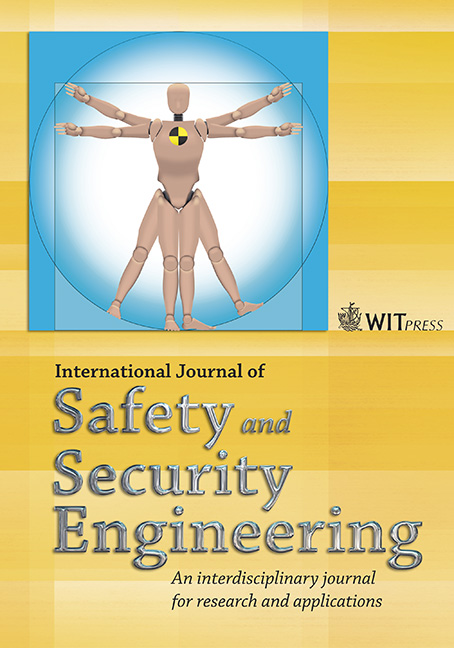Mental preparation strategies and firefighter’s performance under stress
Price
Free (open access)
Volume
Volume 9 (2019), Issue 4
Pages
11
Page Range
332 - 343
Paper DOI
10.2495/SAFE-V9-N4-332-343
Copyright
WIT Press
Author(s)
Nicki Marquardt, Lisa Krämer & Verena Schürmann
Abstract
Firefighters have to perform in high demanding environments, which require the ability to cope with stress. Research has shown that performance as well as stress reduction is affected by mental preparation strategies such visual imagery, activation, self-confidence, attentional control, relaxation, goal setting and self-talk. The outcome of mental preparation strategies is a psychological state called ‘mental readiness’. Mental readiness emerged from sport psychology and was found to be important for performance improvements of top athletes. However, until now mental readiness has never been used to predict firefighter performance. Thus, the purpose of this study is to examine the relationship between mental readiness dimensions and perceived stress, success and task performance of firefighters. A sample of 68 firefighters was surveyed. The mental readiness dimensions as well as performance and stress issues were measured with the Mental Readiness Scale (MRS). Correlations and multiple regression analyses showed mixed results. Some scales like self-talk and goal setting did not significantly correlate with performance, success or stress of firefighters, whereas other sub scales such as visual imagery, activation and attentional control showed medium to large effects. The results reveal that firefighters benefit differently from the specific mental preparation strategies. Some strategies help firefighters to cope with stress. Other strategies seem to improve task performance and success. The results can be used to design evidence-based mental training programs to improve firefighter’s performance and stress reduction.
Keywords
attentional control, firefighters, imagery, mental preparation, mental readiness, stress, task performance.




